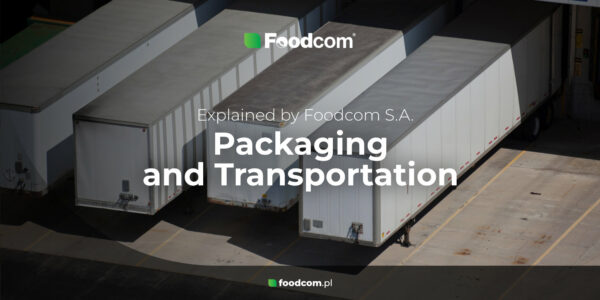What is CMR?
CMR is an international consignment note for the carriage of goods by road, named after the French term “Convention relative au contrat de transport international de marchandises par route”. It is a convention regarding the international road transport of goods, signed in 1956 in Geneva. The CMR document defines the carrier’s liability, sets out its rights and obligations, and serves as evidence of the carriage contract and acceptance of goods for transport.
Frequently Asked Questions
What does the CMR consignment note contain?
The CMR consignment note includes essential information about the transported goods, such as:
- Details of the sender, recipient, and carrier.
- Place of loading and unloading.
- Description of the goods, their quantity, type of packaging, and any markings.
- Instructions related to transport (e.g., temperature requirements).
- Information about transport costs.
Who is responsible for preparing the CMR?
Typically, the sender prepares the CMR consignment note and hands it to the carrier during the pickup of the goods. Upon accepting the goods, the carrier confirms their receipt by signing and returning a copy of the consignment note to the sender.
What is the role of the CMR in international road transport?
The CMR is not only evidence of the conclusion of a carriage contract and acceptance of the goods by the carrier, but it is also a crucial document in the event of potential disputes or claims. It defines the carrier’s responsibility for the goods from the moment of acceptance to the point of delivery. In case of damage, loss, or delivery delay, the CMR is the primary document used for claims processing.





